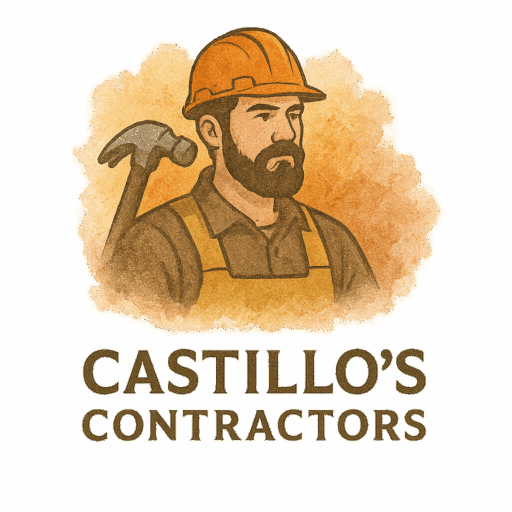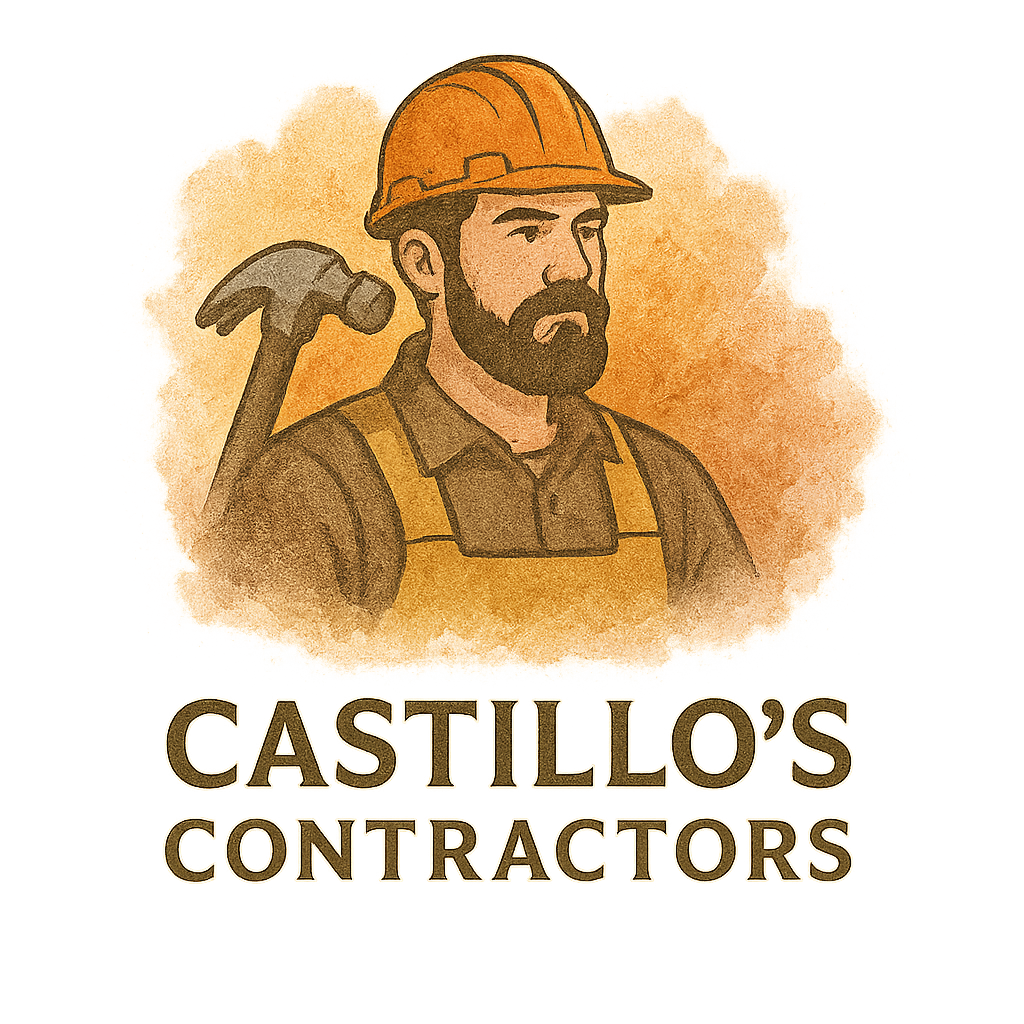Why Negotiating Contractor Rates Matters
Let’s face it—hiring a contractor isn’t cheap. Whether you’re planning a small home renovation or managing a large commercial build, the bills add up fast. That’s why learning to negotiate better contractor rates is essential. If you’re not negotiating, you could be leaving thousands on the table. But here’s the good news: it’s easier than you think.
The Rising Costs of Construction
Material prices have skyrocketed. Labor is in high demand. And contractors, like any business, are trying to protect their margins. Understanding this landscape is key to entering negotiations from a place of knowledge rather than guesswork.
How Negotiation Affects Your Bottom Line
Just a 5–10% reduction in your contractor’s rate can translate into massive savings, especially on larger projects. More importantly, good negotiation ensures you’re getting value—not just a cheap price.
Know the Market Before You Talk Prices
Research Local Contractor Rates
You wouldn’t walk into a dealership to buy a car without knowing the market rate, right? Same principle applies here. Before you even call a contractor, look up local averages for your specific project. Tools like contractor cost guides, reviews, and local trade directories can help.
For residential jobs, check out what others are saying over at Castillos Contractors – Residential Contractors.
Compare Bids Fairly and Transparently
Get at least 3 bids—and not just on total price. Look at what’s included. Sometimes the lowest bid isn’t actually the cheapest once you factor in exclusions and potential delays.
Identify What Impacts Price Most
Labor time, specialty skills, material choices, and jobsite complexity all affect pricing. Knowing which levers influence cost gives you negotiation power.
Tip #1: Be Clear About Your Budget Early On
How Transparency Builds Trust
Don’t make your contractor guess. When you’re upfront about your budget, they can offer solutions that actually work within it. This honesty often leads to creative value-engineering solutions.
Avoiding Unexpected Surprises
Clear financial boundaries minimize scope creep and those dreaded mid-project price hikes. For more project planning advice, check out Castillos Contractors – Construction Tips.
Tip #2: Break Down the Project Scope Together
Why Scope Clarity Can Save You Thousands
One of the biggest reasons costs spiral? Vague project scopes. Sit down with your contractor and define every phase, deliverable, and material upfront.
Itemized Estimates Are Your Best Friend
An itemized estimate tells you exactly what you’re paying for. It also lets you spot unnecessary add-ons or areas where substitutions could save you money.
Need help? Castillos Contractors – Remodeling & Renovation has expert insights on keeping things transparent.

Tip #3: Offer Flexible Schedules or Payment Terms
The Win-Win of Scheduling Flexibility
Have wiggle room on your timeline? Use it as a bargaining chip. If a contractor can work your job into their slower season, you may get a better rate.
Payment Structures That Contractors Appreciate
Offering prompt deposits, milestone payments, or quicker payouts can make your project more attractive. Learn how good hiring practices affect outcomes at Castillos Contractors – Hiring & Management.
Tip #4: Bundle Tasks to Maximize Value
The Cost-Saving Magic of Bulk Work
Need to remodel the kitchen and paint the living room? Tackle them together. Contractors often discount for larger, bundled scopes.
Reduce Mobilization Costs
Starting and stopping a job site costs time and money. When you consolidate tasks, you eliminate this inefficiency and score better rates.
Tip #5: Know When (and How) to Walk Away
Using Multiple Quotes Strategically
Even if you love a contractor’s work, don’t let that cloud your judgment. Use other quotes as leverage—or as a backup plan.
Red Flags That Mean It’s Time to Move On
Poor communication, vague estimates, or evasive answers? Don’t settle. There are plenty of reliable pros out there ready to earn your trust.
Bonus Tips for Smart Negotiators
Use Contracts to Reinforce the Deal
A handshake deal isn’t enough. Put everything in writing—timeline, costs, materials, and contingencies.
Always Ask Questions – Be Curious, Not Combative
The goal isn’t to win, it’s to build a fair partnership. Ask questions like: “Is there a way we can cut costs without sacrificing quality?” That opens the door to collaboration.
Explore more Contractor Tips and Expert Contractors advice.
Wrapping It Up: You Have More Power Than You Think
Negotiating contractor rates isn’t about being cheap—it’s about being smart. When you walk in with knowledge, clarity, and a spirit of collaboration, you not only get a better deal—you get a better project outcome.
To connect with seasoned pros, visit Castillos Contractors and explore helpful articles on Commercial Contractors, Home Improvement, and Project Planning.
Frequently Asked Questions
1. How much can I realistically negotiate off a contractor’s price? You can usually negotiate 5-15% depending on the scope and flexibility of your project.
2. Is it rude to negotiate with a contractor? Not at all! Contractors expect some level of negotiation, especially on large jobs.
3. Can I negotiate after signing the initial agreement? It’s harder, but possible. Be respectful and frame it as a discussion, not a demand.
4. What’s the biggest mistake homeowners make when negotiating? Being too aggressive or not knowing the value of the work. That can alienate a good contractor.
5. Do contractors expect you to negotiate? Yes—especially experienced ones. They’ll often build in a cushion expecting it.
6. Should I choose the cheapest bid? Not always. Cheapest doesn’t mean best. Always compare scope, quality, and communication.
7. How can I tell if a contractor is overcharging me? Get multiple itemized quotes and do your research on standard pricing for your area. If something feels off—it probably is.


